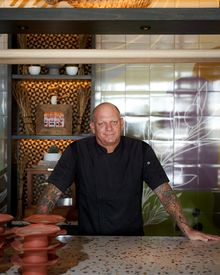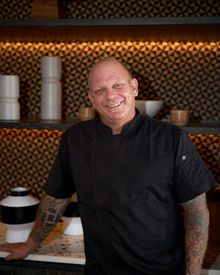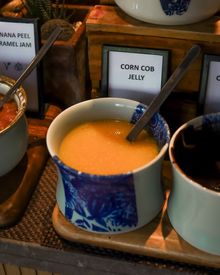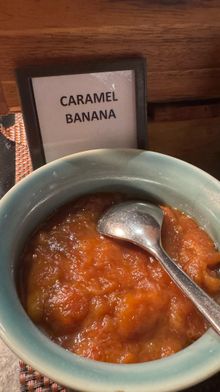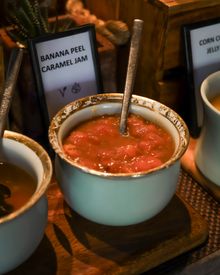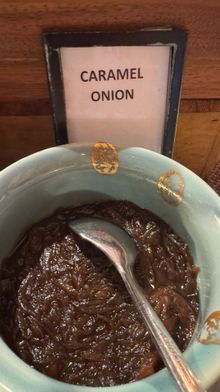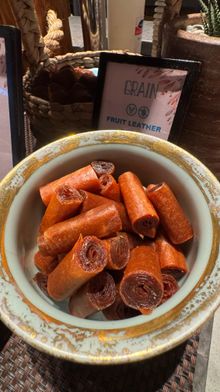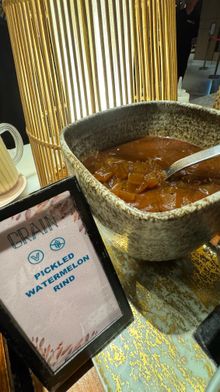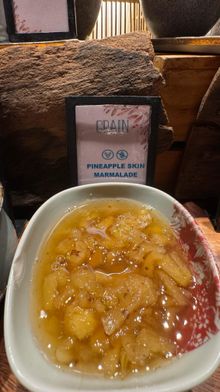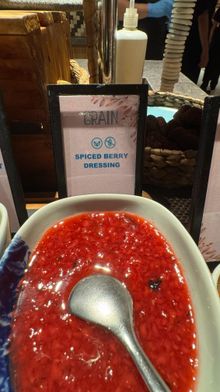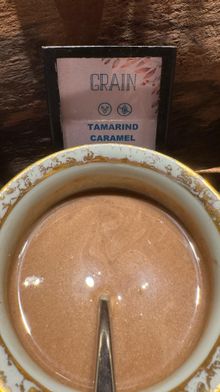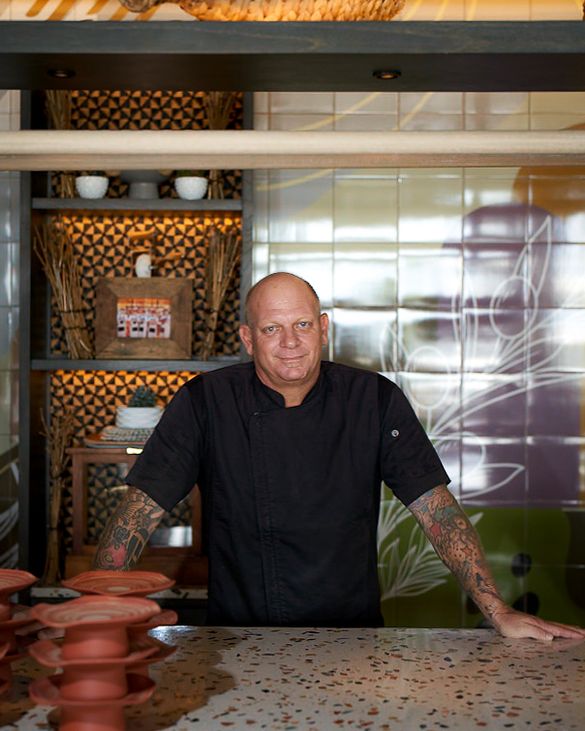 19 Sep 2025
19 Sep 2025
Tags: Sustainability, Hilton, Bali, resort, travel with purpose

Set atop a 40-meter cliff in Bali's exclusive Nusa Dua area, Hilton Bali Resort offers sweeping ocean views from its elegant rooms, suites, and villas. It's a place where luxury meets tropical tranquility and now sustainability is becoming part of the experience. Executive Chef Clinton Webber is quietly reshaping what luxury resorts can achieve when it comes to reducing food waste. From fruit leather inspired by his childhood favourite sweets in New Zealand to edible menus made from potato peels, our kitchen is pushing the boundaries of creativity.
A Natural Start
Raised and trained in New Zealand, Chef Clinton brings a naturally ingrained respect for sustainability to his role. "Being from New Zealand, it just came naturally. We didn't call it sustainability; we just did it," he recalls. This intuitive mindset has found a new dimension at Hilton Bali, where collaboration with Winnow has helped track and reduce food waste across the resort.
Redefining Creativity
Culinary experiences at Hilton Bali Resort are diverse, offering six distinct dining options that cater to a range of tastes. Using Winnow's data insights, the kitchen has developed a toolkit of practical ways to transform food that would have previously gone to waste into innovative creations. Surplus cooked rice is dehydrated into crisp house-made crackers. Peels are turned into jams and marmalades. Fish scales are seasoned and served as crunchy cocktail snacks, a local twist on bar peanuts. These creations are designed not only to reduce waste but to delight guests.
Edible Menus
Another standout project saw the team develop edible paper from potato skins, an innovative idea that allowed guests to read and then eat the menu itself. With edible ink, the initiative underscored the creative boundaries Clinton and the team are willing to push.
Guest Behavior
While the team has made significant reductions in trimming waste and overproduction. Clinton is also focused on tackling another challenge: Plate waste. "The real waste isn't always in the kitchen - It's in the breakfast buffet, where guests eat with their eyes." After observing plate waste trends, the team began rotating fruit selections to minimize the impact of over-portioning and guest leftovers. Subtle changes in buffet planning are helping the team gradually reduce what gets left behind.
The Impact
In just 8 months of installing Winnow, Clinton and the team have achieved a 62% reduction in food waste, diverting 38 tonnes of waste from landfill saving 95,000 meals in the process. But beyond the metrics, it's the team's mindset shift that stands out. The team's culture encourages experimentation, and Clinton credits unexpected champions among his staff: "Some of the ones I thought wouldn't be into it are the most involved."
Final Word of Advice
His advice to fellow chefs is simple: "Think outside the box and enjoy the process”. By challenging your team to get creative, the best dish comes from what you almost threw away.


